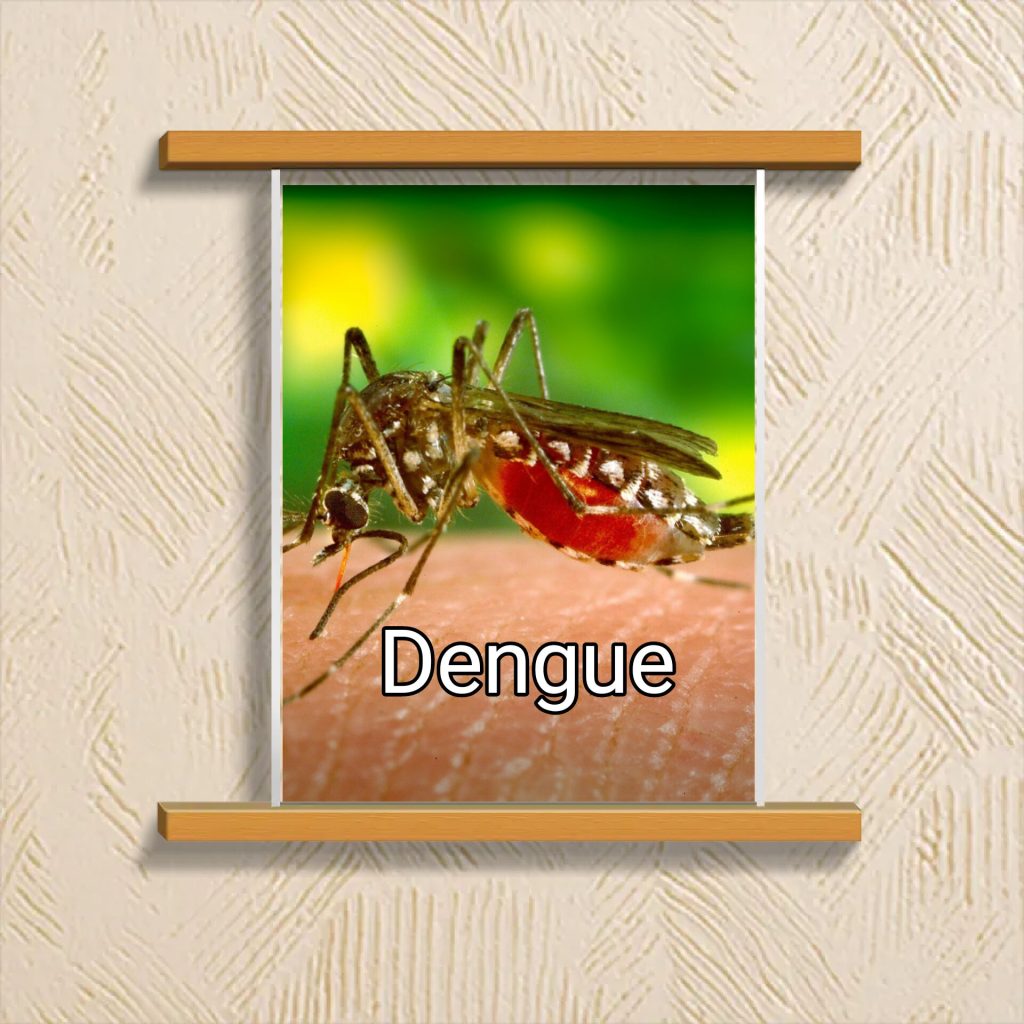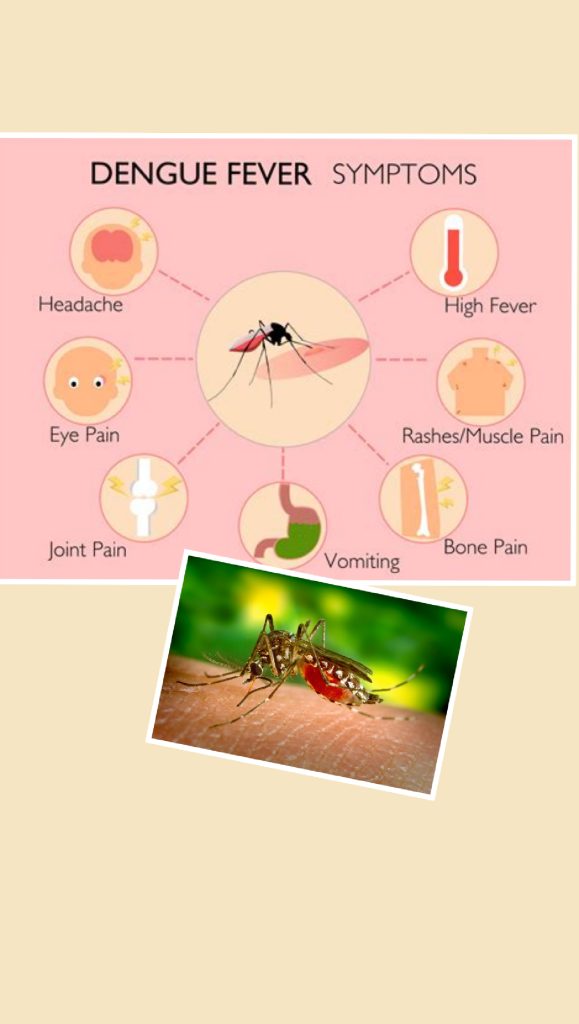
Dr. Prabir Chatterjee, W.B.
(Dengue. A viral infection, transmitted to humans through infected mosquitoes, is becoming a global phenomenon. According to the UN World Health Organization “about half of the world’s population is now at risk of dengue with an estimated 100-400 million infections occurring each year.” Dr. Prabir Chatterjee, an experienced activist doctor, gives us useful information on dengue. Ed.)
Dengue is a common fever that is spread by day biting mosquitoes. These mosquitoes breed in clean water collections. Buckets of water, old tyres, broken pots on the roof or in a courtyard, potholes on the road, water coolers, room coolers after they are switched off, open water tanks are all places where the dengue mosquito lays eggs. Dengue rarely happens in a hot dry summer. But it is frequent if there are rains and then a cooler gap of ten or more days. This gives time for the mosquitoes to lay eggs and the eggs to hatch.Dengue is quite common in cities. Unfortunately urbanization of small towns and the change in climate means that dengue is beginning to spread, first to smaller towns and now even in some larger villages.The symptoms of dengue are fever, chills and joint pains. Usually the patient of dengue recovers after a few days. One precaution is to treat fever only with Paracetamol if there is Dengue (and it is there throughout the year in Delhi and some other cities). Do not use painkillers like Ibuprofen (Brufen) or Diclofenac (Voveran) or combination tablets for a fever patient as they are likely to result in bleeding.During dengue outbreaks one should check fever patients for little red spots of bleeding under the skin. It may look like a red rash. And, if a BP machine is available, check their pressure once a day or at least if they complain of feeling weak or dizzy.In some patients who have had the same type of dengue twice in successive years or later there are complications. In a few patients with a second attack of dengue, the blood pressure drops. They feel dizzy and weak and have a very feeble pulse. This is called dengue shock syndrome and they need to be given saline infusions or other intravenous fluids. Another complication in a few patients with a second attack of dengue is bleeding. If patients with Dengue show any signs of bleeding anywhere, they need to be taken to a hospital for admission. These two – dengue shock and dengue hemorrhage – are the rare cases that end in death and cause a lot of panic. Remember that these happen in towns or areas where dengue has been present for more than one year. So there is enough time to take preventive measures.Precaution Empty out all water containers in the house once a week – that is, have one day on which buckets are kept dry. Make sure all water containers are covered. Turn empty containers upside down. Repair the lids of water tanks. Empty water from desert coolers after the season ends. Do not allow mosquitoes to breed in offices and schools or nurseries where people work or children play in the daytime. If one finds day mosquitoes often, wear long sleeved clothes and full trousers or shalwars or saris that cover the legs completely. One can also use mosquito repellant creams or neem oil.Construction work sites are common places where water stagnates after the rains and mosquitoes breed. Make sure the local authorities (municipality or panchayat) take care to put larvicidal oil on any such collections of water.Check newspapers and ask health workers for news of dengue in your area. Remember, dengue is common. Dengue usually gets better by itself. Paracetamol is the best medicine for dengue and other fevers and pain that comes with fevers. If you feel dizzy or see any bleeding (gums or under the skin) see a doctor.
